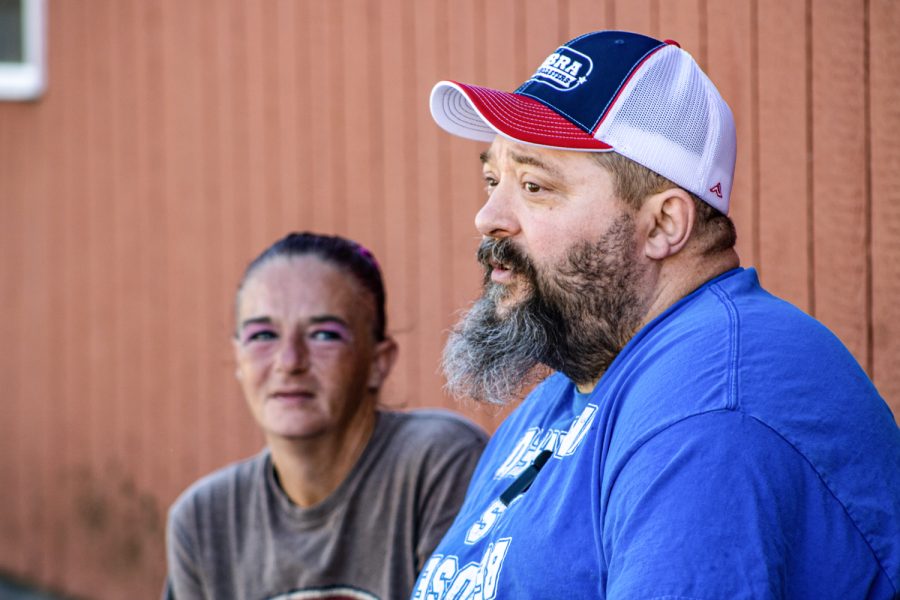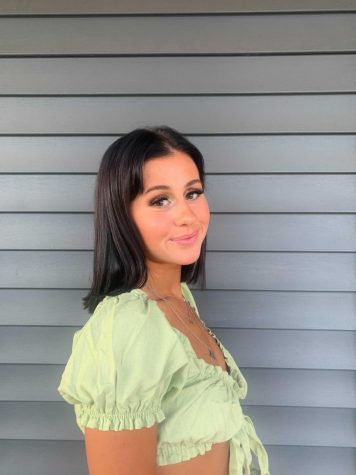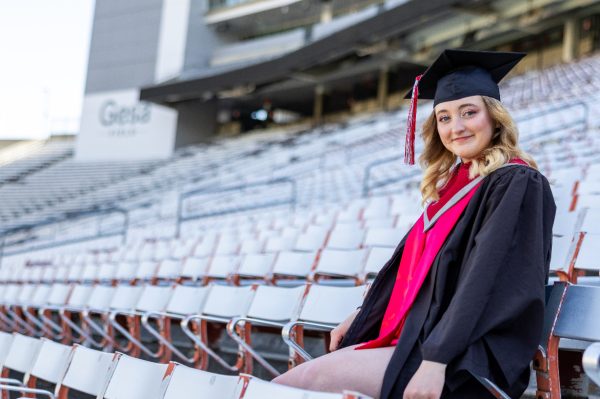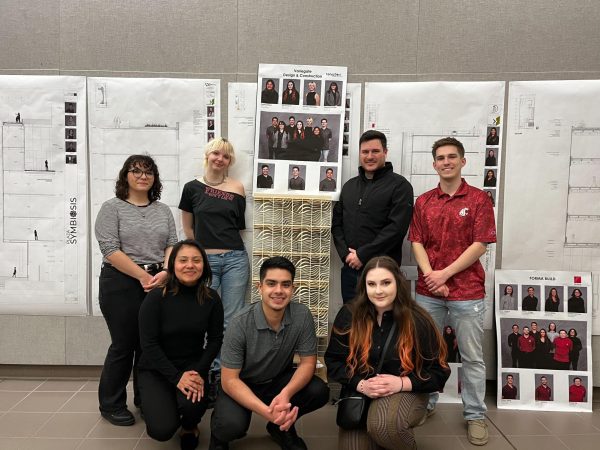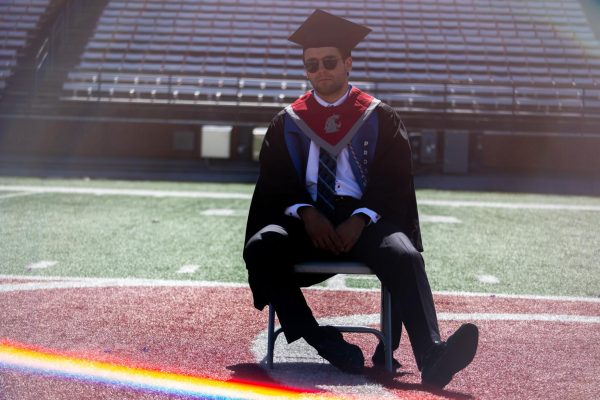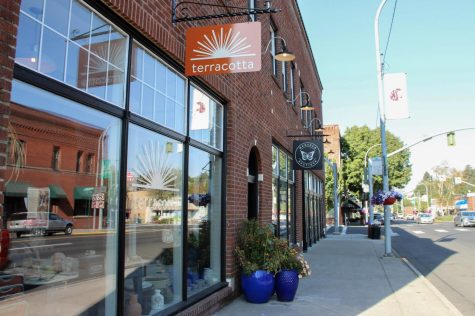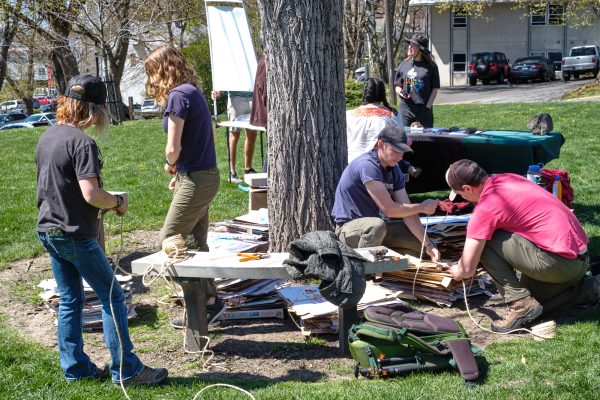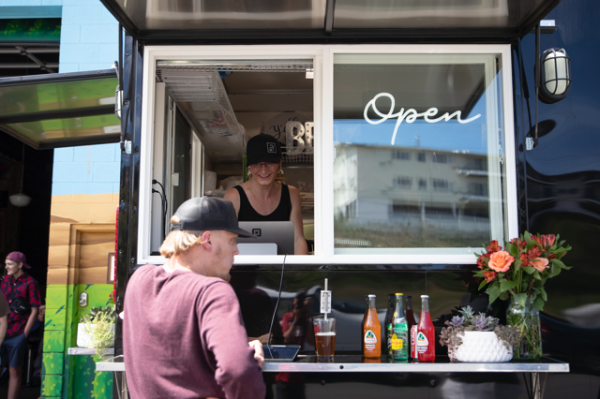Tekoa community rallies around substance abuse prevention
Small-town Tekoa actively working against substance abuse issues
Tekoa residents Krissy Fontenot and Ken Eberhardt are just two community members fighting against substance abuse in the town
October 27, 2022
Note: This piece was written and shot for the Murrow Rural Reporting Plunge. For more info, please see rural.murrowbpj.com/
Approximately an hour from Pullman, a sleepy town sits quietly in the middle of rolling wheat fields. This town is Tekoa, WA, and is unknown to many state residents.
Tekoa has a population fluctuating from 800 to 900 people and offers a tight-knit, welcoming atmosphere to all who visit or move there. Tekoa is not without its hardships, as substance abuse issues are affecting increasingly younger age groups, and there is no solid plan to combat this.
“When I first moved here, I was worried for my kids. There’s not a lot to do out here, so boredom is something many young people struggle with,” said Valerie Camp, a Tekoa resident of two years.
Camp said she said locals have referred to the town as “tweako” before, due to its methamphetamines issues.
Tekoa residents were searching for change, something to bring them more open communication about these issues, said Tekoa resident Ken Eberhardt.
“There were a lot of issues with peer pressure, kids were being bullied, and communication wasn’t open communication,” said Krissy Fontenot, Tekoa resident.
The town needed to do something. Something to open up communication about substance abuse, and how to effectively create a safe space to do so, so Tekoa residents banded together to create “Keep Talking Tekoa”
Keep talking Tekoa is a part of “Healthy Tekoa”, a volunteer and community-led youth mental health and substance abuse prevention coalition. Eberhardt said this organization has created several billboards and posters around town, sharing ways that parents and youth alike can stay safe and healthy.
The coalition also provides residents with a survey, where they can gather specific information in regard to how parents are communicating with their children about these issues, as well as how to better prevent these issues from happening in the first place.
“I think a lot of kids didn’t think they could [talk to their parents] or knew how to,” said Eberhardt.
He said that this coalition has helped open the doors for parents and children, and said he hears children talking about it, and its impact on them around town.
While Eberhardt said this has helped alleviate substance issues amongst younger adults, the problems remain consistent, as the town’s nearest police station is in Colfax, and cracking down on drug dealing is more complicated than one may think.
“You could be dealing meth in the parking lot, and, yeah they’ll take you to Colfax, but they’ll release you right away,” he said. “If that happens three times, they just give you a referral to treatment, they don’t put you in jail.”
More often than not, Eberhart says people just rotate through this cycle of treatment referrals, and never truly face any legal repercussions. He said this is extremely frustrating for him, and this town.
“They are in their late 20s to early 30s, but I mean, it started when they were young,” he said.
Despite the lack of substantial resources, Fontenot said Tekoa High School has drastically stepped up, to try and prevent these people from starting down a similar path.
“They care even after the bell rings,” she said.
From experience, Eberhardt said his daughter, who recently graduated from Tekoa High School was shocked at how involved teachers were in regard to students’ mental health. She said the high school does an amazing job at that.
The community rallies together as best as it can. Checking in on their youth at all hours of the day, opening conversations, and trying to give everyone as much support as this little town can give.
Eberhardt said he wants more awareness around this town and its struggles. More mental health resources, and more public care for these people. The community and neighboring police departments can only do so much. In the meantime, Tekoa will remain a sleepy town, fighting for the safety of its children.

